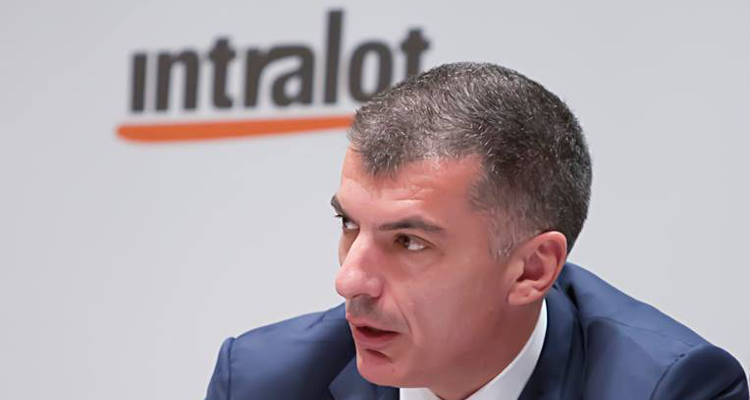Global gaming operator and solutions innovator Intralot SA has released its financial results for the twelve months to the end of December showing that its net debt had increased by some $19.44 million when compared with the previous year despite an 11.4% rise in annual overall revenues to just over $1.35 billion.
Intralot SA explained that its annual gross gaming revenues swelled by 9.9% year-on-year to stand at approximately $712.31 million while its earnings before interest, tax, depreciation and amortization had improved by 5.5% to reach $210.89 million.
Continuing the good news, the Greek lottery firm detailed that its annual revenues from licensed operations have risen by 13.9% year-on-year to around $928.26 million while its takings from the game management sector improved by 1.2% to $143.98 million with an associated 9% swell to $285.86 million from technology contracts.
The Athens-listed firm declared that 2017 moreover saw it ink contract extensions with lottery operators in the American states of Vermont, Arkansas and Ohio while continuing its cooperation with Greek firm OPAP. It stated that these had been more recently followed by the signing of a ten-year deal with the Illinois State Lottery and a lengthening of its relationship with the Wyoming Lottery.
“Our performance in 2017 reflects progress in all major strategic goals of Intralot SA and towards a stable and predictable future of our company,” read a statement from Antonios Kerastaris (pictured), Chief Executive Officer for Athens-based Intralot SA.
However, Intralot SA explained that the value of its assets had declined during the twelve-month period by almost 3.7% year-on-year to stand at $1.25 billion while its net debt rose by nearly 3.2% to hit $627.93 million.
“During 2017 we achieved 5.5% earnings before interest, tax, depreciation and amortization growth reflecting operational improvements while the successful pricing of €500 million ($614.87 million) in senior notes with a seven-year maturity period at a reduced 5.25% coupon was a major contributor towards the extension of the average debt maturity period, [which provides] a stable financing horizon,” read the statement from Kerastaris.



